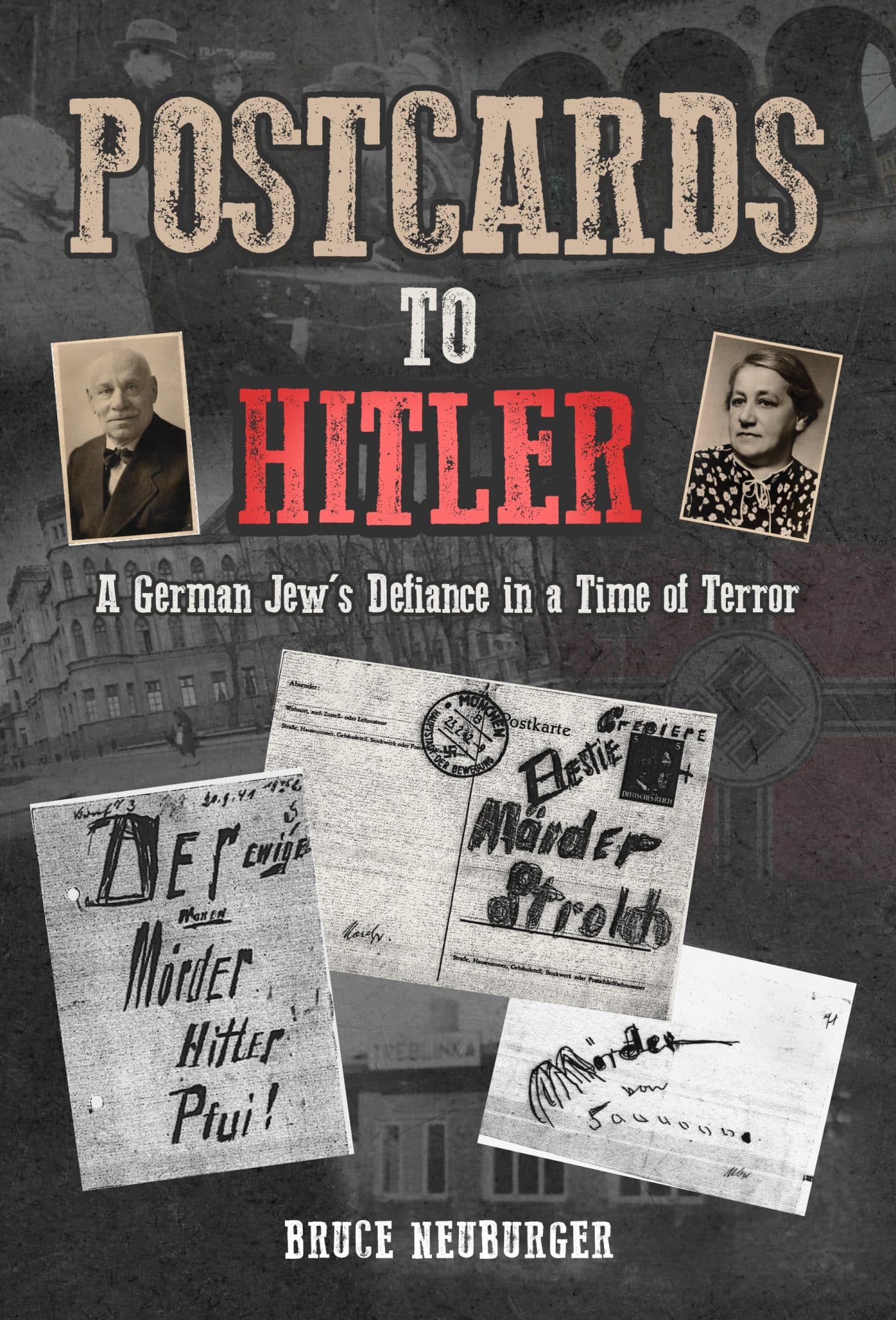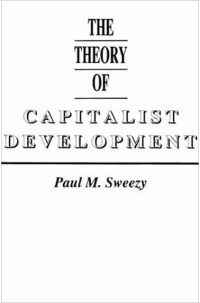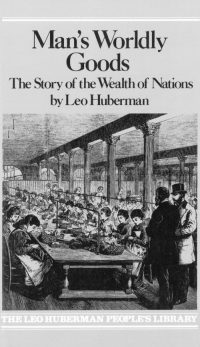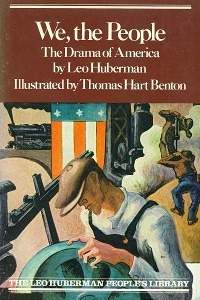Postcards to Hitler: A German Jew’s Defiance in a Time of Terror
$29.00 – $89.00
Postcards to Hitler is the story of a Munich family living as close neighbors to the demagogue who will become the primordial commander of the Nazis—as passionately told by one of their surviving relatives, Bruce Neuburger. As the story begins, Europe has enjoyed many decades of peace on its own soil and Jews are enjoying a social renaissance in the industrializing, urbanizing rising star that is Germany. It is not at all clear that this good fortune might begin to unravel. Benno Neuburger, a modest German land investor from Munich, and Anna Einstein, daughter of a cattle dealer from Laupheim, marry in 1907. Their family life begins at a relatively prosperous moment in Germany – and a particularly optimistic time for German Jews. Even when news of an assassination in an “obscure” Balkan corner of the continent passes like a cold wind through Munich on a warm beer-garden July day in 1914, people shudder but feel no great alarm.
What follows is a prolonged and bloody war provoked by inter-colonialist competition, which gives way to German defeat, a revolution, and a brief socialist interlude in Munich soon cannibalized by a merciless counter revolution and the pitiless demagoguery of defeated generals. Living amidst this swirl, Benno and Anna and their extended families in the German towns of Laupheim, Traunstein and Wolfratshausen cling to hope for a peaceful resolution to the period of prolonged crisis. They struggle to survive as the economic and political climate becomes more difficult – but to no avail. Munich becomes the epicenter of German fascism fed by national resentment and racial madness, and their own families are caught up in the storms and terror that follow. Children turned refugees, a bloody pogrom, “resettlements” via train rides east, desperate acts of resistance, arrest and trials proceed as a Holocaust unfolds around them. Postcards to Hitler is a deeply researched narrative history drawn from direct interviews and a mass of archival documents of great personal import, including the Neuburgers’ final letters – describing daily lives in close proximity to the Fuhrer, and surrounded on all sides by a slow-moving parade of horror, until the perimeter between themselves and the Holocaust disappears.
What people are saying about Postcards to Hitler
This profoundly researched book tells the story of the postcards Benno Neuburger wrote and posted in a desperate act of resistance against totalitarian oppression. While the story is told in a genre of historical fiction, the author displays a deep knowledge of Munich’s local history during the Nazi era – both remarkable and unusual for one looking in on Germany from outside. The reader experiences the ever more stifling antisemitic measures through the focalization of those directly affected. Thus, Bruce Neuburger maintains a high level of empathy – which is at times unsettling and painful when the author describes the details of an incidental encounter with stranger on a bridge over the Isar river or the cruel, sadist commands of an interrogator. In Postcards to Hitler, Benno Neuburger is the protagonist. However, the book is broader in scope, telling the fates of Benno’s relatives and embedding their stories within the overall historical lines. A book that has the power to draw you in and makes you think – about actions we do or do not take in our own times.
—Eva Tyrell, Public Historian, Kulturreferat der Landeshauptstadt München
With Postcards to Hitler, Bruce Neuburger gifts us an homage to his Jewish family in southern Germany based on a trove of original documents. Deeply embedded in the historical context, the colorful semi-fictitious account spans from 1871 and the emancipation of the Jews in Germany to the near end of the Third Reich. However, this is not the regular tragic narrative of a Jewish family destroyed by Nazis persecution, albeit it is that too—it is also the story of how his grandfather courageously resists Hitler.
—Wolf Gruner, author of Resisters: How Ordinary Jews fought Persecution in Hitler’s Germany
Bruce Neuburger has told the very personal story of his grandfather Benno, who was executed for resisting Hitler’s persecution. Neuburger’s powerful writing recreates the atmosphere of the times as his family fights for its existence. This is a book that calls us to stand up against injustice and that gives us hope in disturbing times.
—Maximilian Strnad, historian, member of the City of Munich Institute for Urban History and Remembrance Culture, author of The Fortune of Survival – Intermarried German Jews in the late stage of the Shoah, and other historical works on Munich’s Jews.
A significant contribution to the library of Holocaust literature. Drawing upon the research, writing, and documentation of hundreds of historians and archivists and the testimonies of survivors and family members lost to the Holocaust, Postcard to Hitler imaginatively dramatizes those terrible times.
—Dr. Michael Shinagel, author, Holocaust Survivor to Harvard Dean: Memoirs of a Refugee’s Progress
Bruce Neuburger is the author of Lettuce Wars: Ten Years of Work and Struggle in the Fields of California. He has worked on farms and in factories, as a cab driver, an ESL teacher and a video arts instructor. His writing is shaped by the great social justice movements of the 1960s and by his experiences as a child of German Holocaust survivors.
Read an excerpt here. You can also get an audiobook version of Postcards to Hitler, here
Publication Date: 06/01/2024
Number of Pages: 408
Paperback ISBN: 978-1-68590-054-0
Cloth ISBN: 978-1-68590-055-7
eBook ISBN: 978-1-68590-056-4
Related products
-
Monthly Review Volume 2, Number 4 (August 1950) [PDF]
$10.00 Add to cart -
Monthly Review Volume 1, Number 9 (January 1950) [PDF]
$10.00 Add to cart -
Monthly Review Volume 1, Number 5 (September 1949) [PDF]
$10.00 Add to cart -
The Theory of Capitalist Development: Principles of Marxian Political Economy
$20.00 Select options This product has multiple variants. The options may be chosen on the product page -
Man’s Worldly Goods: The Story of the Wealth of Nations
$17.00 – $20.00 Select options This product has multiple variants. The options may be chosen on the product page -
We, the People: The Drama of America
$15.00 – $18.00 Select options This product has multiple variants. The options may be chosen on the product page

![Monthly Review Volume 2, Number 4 (August 1950) [PDF]](https://monthlyreview.org/wp-content/uploads/2015/09/Monthly Review Volume 2, Number 4 (August 1950) [PDF].jpg)
![Monthly Review Volume 1, Number 9 (January 1950) [PDF]](https://monthlyreview.org/wp-content/uploads/2015/09/Monthly Review Volume 1, Number 9 (January 1950) [PDF].jpg)
![Monthly Review Volume 1, Number 5 (September 1949) [PDF]](https://monthlyreview.org/wp-content/uploads/2015/09/Monthly Review Volume 1, Number 5 (September 1949) [PDF].jpg)


